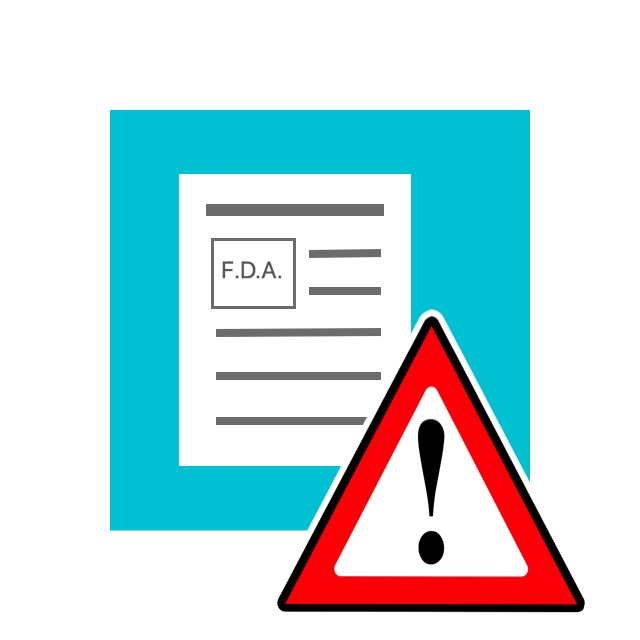
Intrommune CEO Michael Nelson details plans for a Phase II trial in children with peanut allergies slated for late 2022 or early 2023.
READ ARTICLE HIDE ARTICLE
Intrommune CEO Michael Nelson details plans for a Phase II trial in children with peanut allergies slated for late 2022 or early 2023.
By
William Newton
Could toothpaste featuring peanut proteins help reduce allergic reactions in children? Intrommune plans to run a Phase II trial testing its medical toothpaste INT301 in 80–100 children with peanut allergies to find out, CEO Michael Nelson says.
New York-based Intrommune is looking to start the multi-center, North America-based Phase II trial in late 2022 or early 2023, Nelson says. The exact timeline will depend on an ongoing $40-45 million Series B fundraise, which will fund the planned Phase II study and preparation for a potential future Phase III trial and commercialisation, he adds.
As a primary endpoint, patients will undergo a food challenge before and after treatment, Nelson says. Food challenges, which entails gradually giving patients allergens until they demonstrate an allergic reaction, is the FDA’s preferred endpoint in peanut allergy trials.
The food challenge is the FDA’s gold-standard for clinical trials, Nelson notes, but Intrommune is looking at ways of assessing treatments without the food challenge. As an exploratory endpoint, an ongoing Phase I trial (NCT04603300) of INT301 is assessing level changes in peanut-specific antibodies IgG4 and IgE in participants.
INT301 is an oral mucosal immunotherapy, delivering small amounts of allergens via toothpaste that cause patients to build up a tolerance toward peanut proteins. “The biggest advantage is toothbrushing is already built into most Americans’ daily routines,” Nelson explains.
Intrommune is running the ongoing Phase I OMEGA trial testing the safety of INT301 in adults with peanuts allergies. OMEGA has moved to the third cohort after meeting safety goals across 11 doses. Now, the biotech is asking the FDA if the ongoing trial can begin collecting long-term safety data, continuing patients on maintenance, and administering a food challenge at the end of the study, Nelson adds.
As a primary endpoint, the Phase I is investigating the percentage of patients that can tolerate escalating doses of INT301, comparing the incidence of systemic and non-systemic adverse reactions of adults with peanut allergies receiving INT301 versus placebo. The Phase I trial’s ClinicalTrials.gov listing does not include a food challenge as an endpoint.
According to GlobalData’s Clinical Trials Database, there are 21 ongoing Phase II trials for peanut allergies, compared to eight Phase III studies and two Phase I studies. The large majority of trials have institutions as sponsors, representing 25 of the 31 ongoing Phase I-III studies.
Learn More from Clinical Trials Arena





